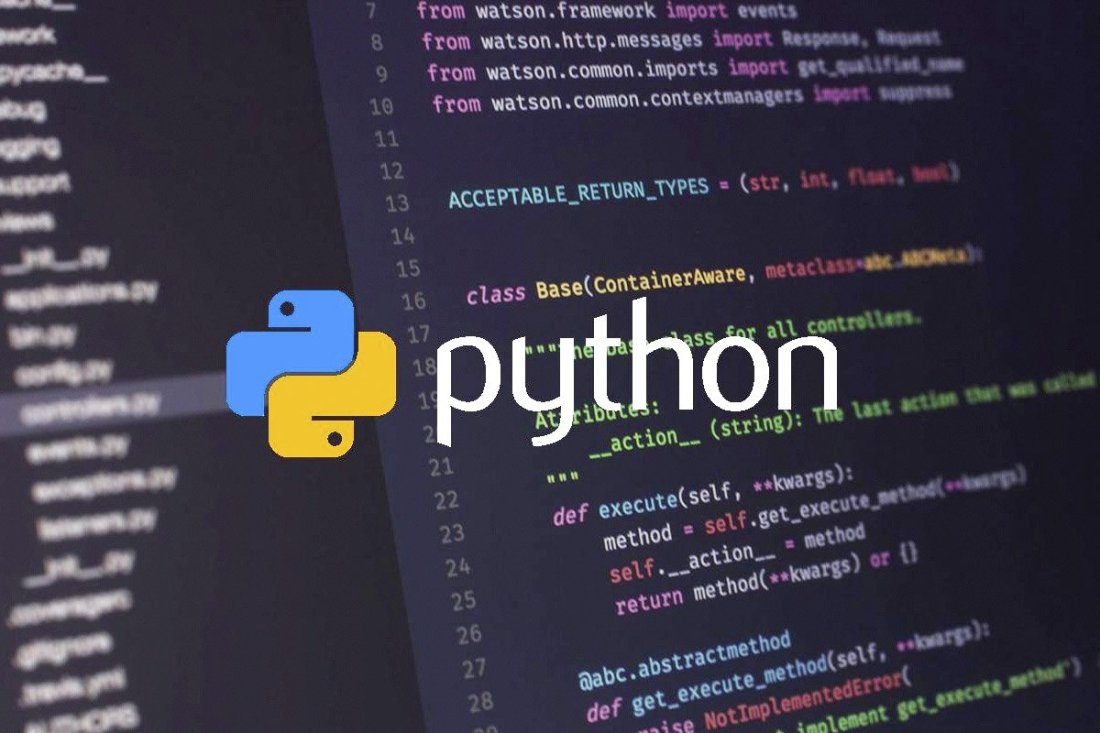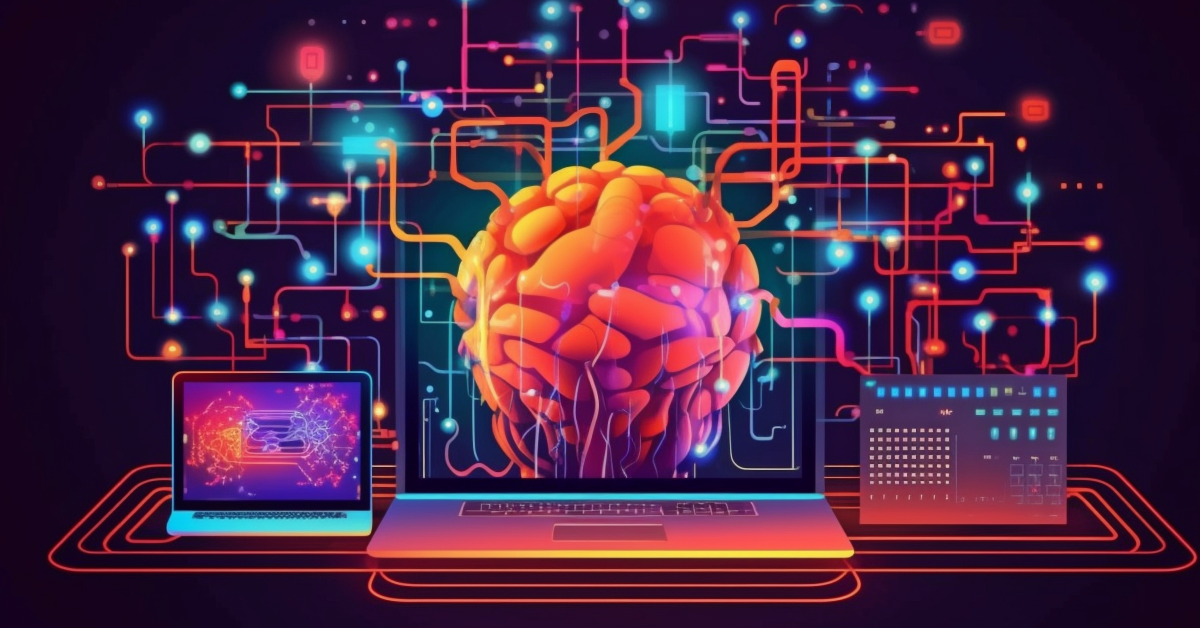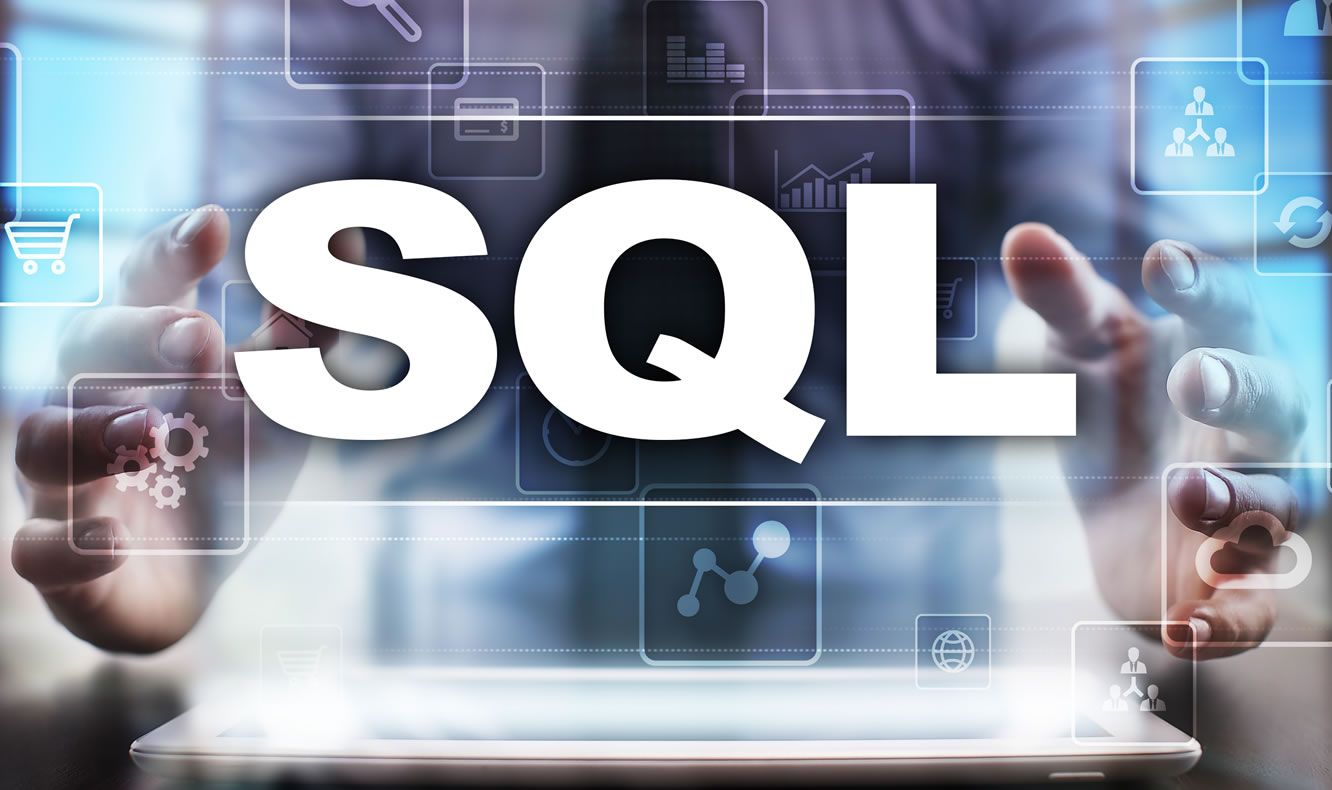‘Explore, Protect, Secure’ with our introduction to cybersecurity course, it offers:


Identify and mitigate security vulnerabilities effectively, with this course attain:
Develop a solid understanding of cryptographic principles and algorithms, here are the key takeaways from this course:


This course provides students with the essential cloud computing skillset, here’s what they’ll learn:
Aimed at providing students with a solid understanding of its syntax, concepts, and applications, this course covers:


Equip yourself with the Python programming language and its applications, here’s what you will learn:
This course offers the knowledge and practical skills needed to implement DevOps practices effectively:


Elevate your wisdom to adapt to the rapidly changing AI transformations, through this course you will learn:
Explore the comprehensive world of Structured Query Language (SQL) and develop the skills of:


This course is designed to empower students with proficiency in IOS Development, offering students an understanding of:
Aimed at providing students with a solid foundation in both basic and advanced concepts, this course covers:


Create well-designed, user-friendly digital experiences for various platforms and applications with our guided UI/UX course that includes:
Lead and manage projects of varying sizes and complexities in diverse industries and sectors, through this course you will acquire:
